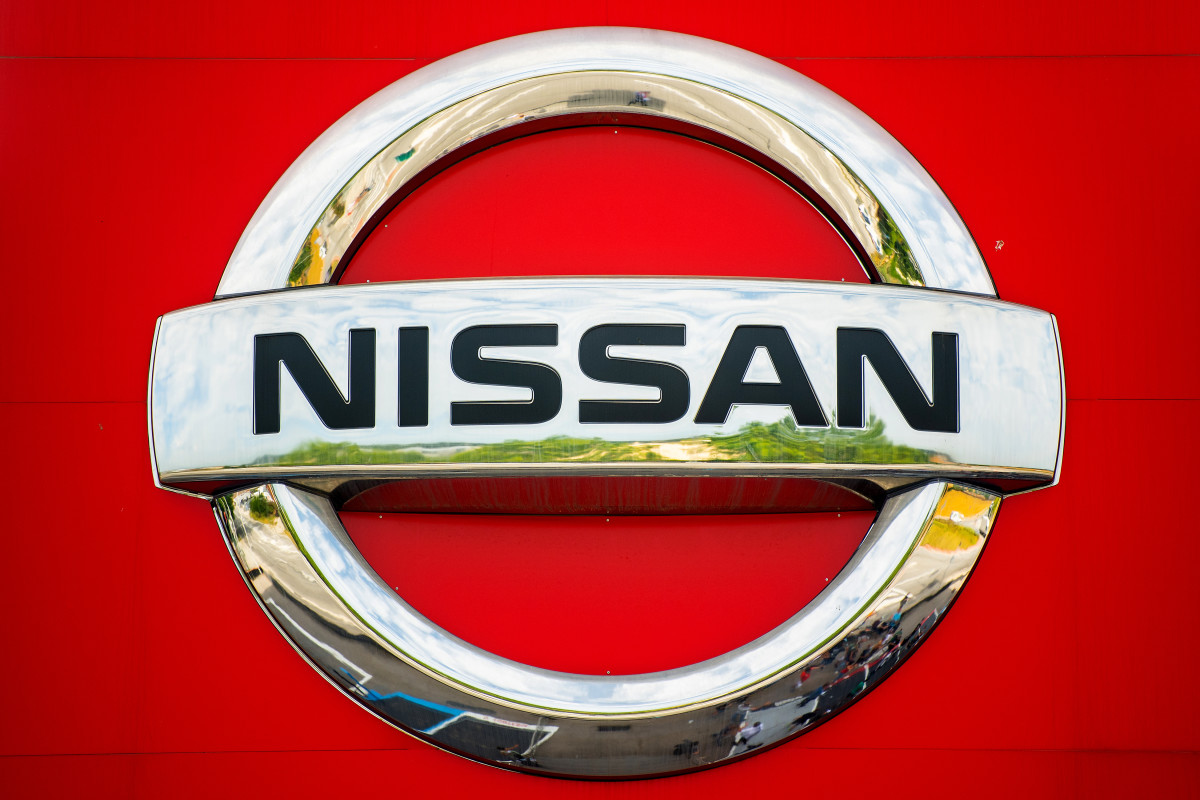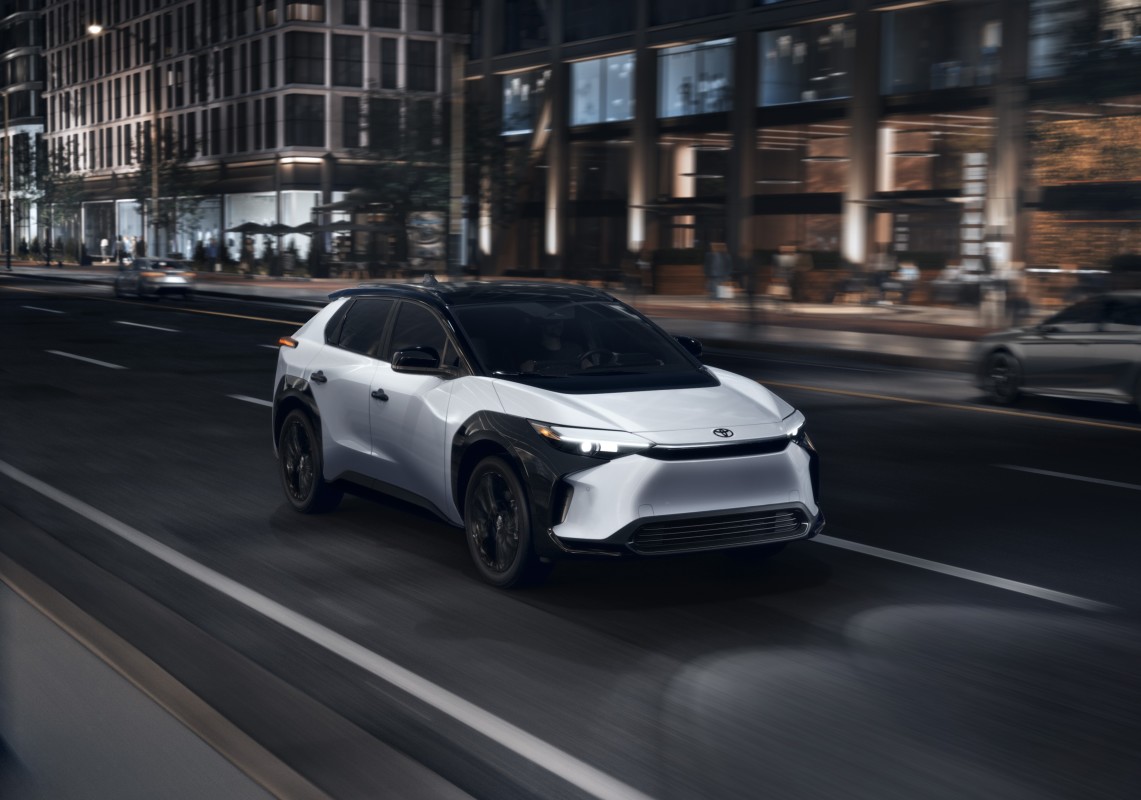Nissan’s Debt Crisis and the Path to a Potential Merger with Honda
The automotive world is abuzz with the latest developments surrounding two of Japan’s most iconic car manufacturers, Nissan and Honda. Recent reports have suggested that these automotive giants are in preliminary discussions about a potential merger, a move that could significantly reshape the landscape of the global automotive industry.
Understanding Nissan’s Financial Struggles
Nissan has been grappling with financial challenges for several years. The company’s debt crisis has been a significant concern, with stagnant revenues and declining profits exacerbating the situation. The burden of a heavy debt load has not only raised alarms about Nissan’s credit rating but has also prompted a strategic reassessment of its business operations.
In an effort to stabilize its financial footing, Nissan has been undergoing a series of restructuring efforts. These include unwinding its long-standing partnership with Renault, a move that could pave the way for closer ties with Honda. The company’s stock has seen a notable uptick, rising nearly 12% on news of the merger talks, indicating investor optimism about the potential benefits of such a collaboration.
The Strategic Appeal of a Honda-Nissan Merger
For Honda, the prospect of merging with Nissan offers an opportunity to scale its hybrid and fully electric vehicle production. As the global demand for electric vehicles (EVs) continues to rise, a partnership with Nissan could enhance Honda’s ability to compete against larger automakers, including industry leader Toyota.
Honda’s CEO, Toshihiro Mibe, has previously hinted at the possibility of deeper collaborations with Nissan, particularly in the realm of electric vehicle batteries and software. Such a merger could create a formidable alliance, combining resources and expertise to better meet the challenges of the rapidly evolving automotive market.
Building on Existing Collaborations
The potential merger is not without precedent. Earlier this year, Honda and Nissan announced plans to collaborate on electric vehicle technologies, signaling a willingness to explore synergies in their operations. While neither company has confirmed the latest merger reports, both have reiterated their commitment to deeper cooperation.
According to reports, the automakers aim to sign a memorandum of understanding to discuss shared equity stakes in a new holding company that would oversee the combined operations. This strategic move could streamline operations, increase efficiency, and create a stronger competitor in the EV sector.
Challenges and Considerations
Despite the potential benefits, significant hurdles remain before a merger can be realized. Both companies will need to navigate complex regulatory landscapes, address potential antitrust concerns, and align their corporate cultures to ensure a successful integration.
Moreover, the automotive industry is facing increasing pressure to transition to electric vehicles, and partnerships like this one could be key to long-term success. A merged Honda-Nissan-Mitsubishi group would aim to streamline operations and increase efficiency, allowing them to compete more effectively with industry giants.
Looking Ahead
As the industry watches closely, the potential merger promises to redefine alliances in the automotive world. If successful, it could create a stronger competitor in the EV sector and reshape the global automotive market. However, the plan is still in its early stages, and significant hurdles remain.
For now, stakeholders and industry observers alike are keenly observing the developments, eager to see how these talks unfold and what the future holds for Nissan and Honda.






%20(256%20%C3%97%20256px).png)
.svg)
